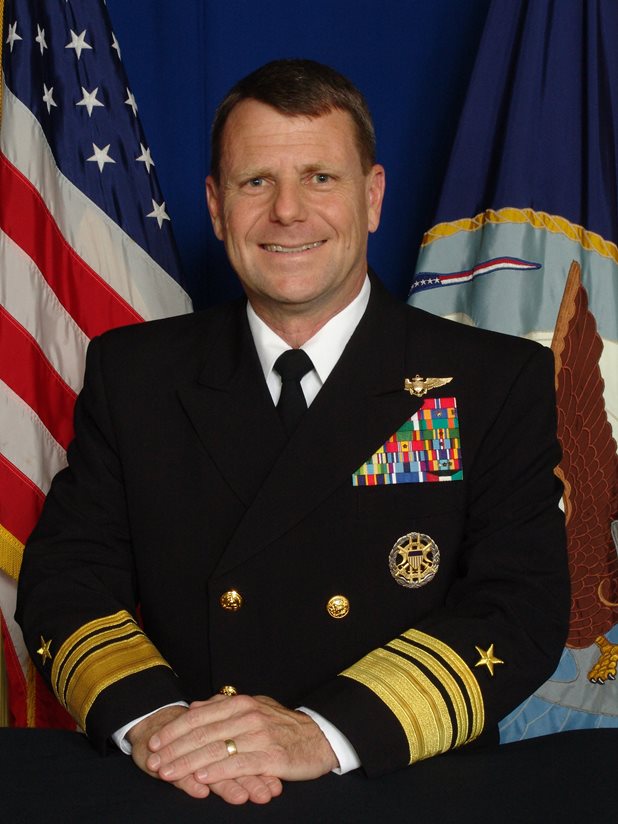
Not since the Cold War have Russian bombers flown so many patrols outside their own airspace. That’s according to Adm. Bill Gortney, the new commander of NORAD and U.S. Northern Command in Colorado Springs.
He recently warned the U.S. Senate Armed Forces Committee about emerging military threats from Russia, linking increased Russian military activity to Western intervention in Ukraine. Climate change, specifically melting ice in the Arctic, is also leading to new strategic concerns, Gortney says.
Gortney spoke from Peterson Air Force Base with Colorado Matters host Ryan Warner.

On increased Russian patrols
“I don’t like to use percentages, but the numbers have gone up. And then where they’re flying are different places. They’re different routes, even down the English Channel, messaging us, the Western powers, and I guess NATO, obviously, that they’re a global power.”
On allied U.S. and Canadian jets intercepting Russian bombers
“We'll go out and meet them and escort them in accordance with international standards.... We do that routinely. We choose when we want to do it so that we aren’t always predictable, but we go up there and fly on their wings just to let them know that we’re there.”
Gortney’s ongoing concern about Russia
“If I do have a one concern it is, ‘What is their intentions?’ … and we’re looking at that pretty hard.”
On evolving strategic concerns in the Arctic
“Well, the Arctic ice pack is receding. I mean that's clear. We see that every year. We see it receding and so the question is now, 'As it recedes, how much more commercial activity is going to be up there in the form of transportation... Resource extraction: Will companies and nations go up there for resource extraction, you know, oil, gas, minerals?' ... Clearly, the climate is changing and the ice pack is receding. The question is, ‘What does that mean in the future?’ And that’s what we’re trying to determine."








